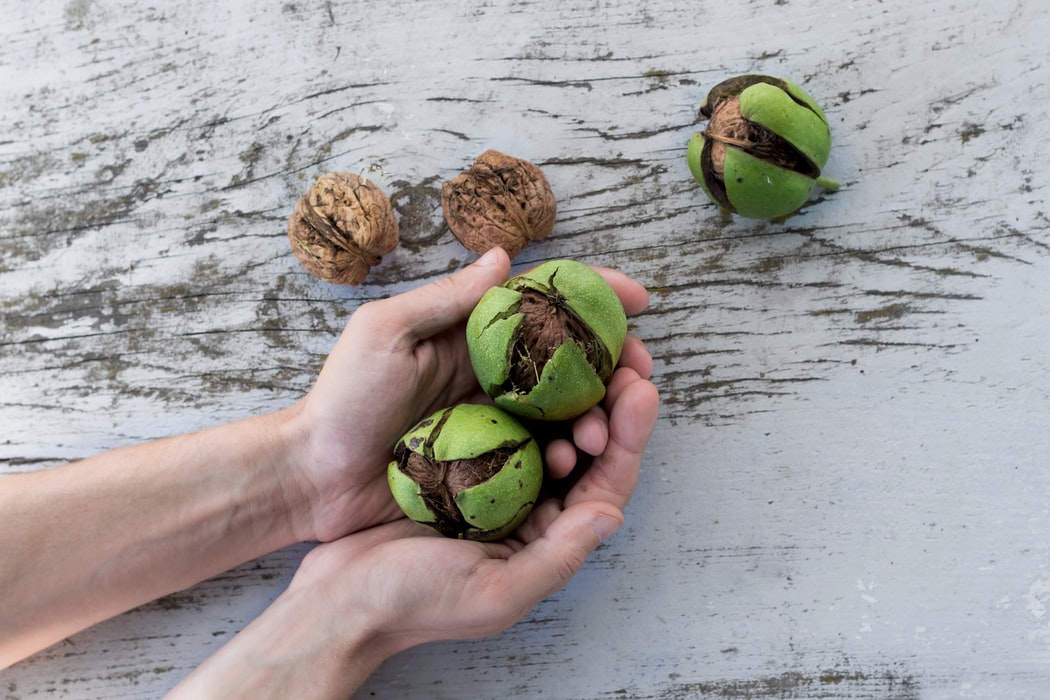If you know someone with a chronic illness, or perhaps have a chronic illness yourself, you know that some days it can be next to impossible to find the motivation to do anything. Something as simple as getting dressed to greet the day becomes an impossible task, both mentally, as well as physically.
It is easy to let chronic illnesses affect our mental state. Susan McVea, sales strategist and a founder of Susan McVea Consulting, has experienced this herself. Chronic illness caused her to walk away from a thriving corporate career that she loved. However, she’s been able to successfully transition into a career as an entrepreneur.
“We forget that we are not our illness. Chronic pain does not define who we are or what we are capable of,” McVea says, “you just need to know how to work with it”.
That being said, McVea shares how she has been able to maintain a positive mental state and a thriving life while working with a chronic illness.

Stop Internalizing Your Struggles
The worst part beyond the pain, beyond the dark thoughts and shame, is that many people with chronic pain suffer in silence, often unable or unwilling to share what they are going through. Some do it out of embarrassment. Some do it out of a selfish need to distance themselves when positivity is unfathomable, but it happens more than most people think.
McVea says, “often, chronic pain sufferers do what they can to handle the problem on their own. They find it hard to accept that the people trying to help are only pitying their inability to do more”.
Though chronic pain sufferers feel the need to validate themselves by keeping the struggle internalized as if they might burden someone by sharing their issues, it does not have to be the case. To address this, McVea suggests creating a support network for yourself.
“Trust your loved ones more. They want to support you. They want to be there for you. Don’t shy away even before asking them,” McVea says, “tell them what is happening, tell them how you feel, and it might go against your nature, but open up. Your loved ones will not only help you, but they will help your mental state and keep you positive so that you can continue to create a thriving life’.

Make Accommodations For Yourself
If you need something special to get through the day, don’t be ashamed to use them. If you need a cane, go for it. If you need a really goofy looking cushion, if it makes you feel more comfortable, it is worth having. There are so many useful tools, so use them. McVea suggests combining mindfulness practice with changing your living situation.
“Things like motivational books, music, and even smells can help. Meditation, prayer and chanting can help you centre yourself and focus on your aspirations,” McVea says, “changing your living situation, your Feng Shui, your diet, your exercise regimen, can all flip the script on your chronic illness and make it much easier to live with”.
Even though the illness may still be there, these simple tricks will keep your mind off of your illness. As well, it’ll give you some new habits that can shape a new future you might not have considered.

Create Healthy Habits
Routines are adequate in context, but routines can be ignored; habits cannot. Think of anyone you know who has a habit, even one they want to quit, and the difficulty with actually stopping that thing they do without conscious thought. It is ingrained in them.
That is what makes a habit so much better than a routine. Habits feel strange when you don’t do them. It is like forgetting to breathe. They become muscle memory. It is like going to the store but knowing in your heart you are forgetting something. You feel it, it is picking at you, and you cannot focus until you remember it.
McVea emphasizes the importance of finding a system that revamps your focus, “create habits, not routines. Whether it’s a regular rest, exercise regime… Create a system that works for your body and for your life. If you need to rest, don’t push it. Know yourself”.


